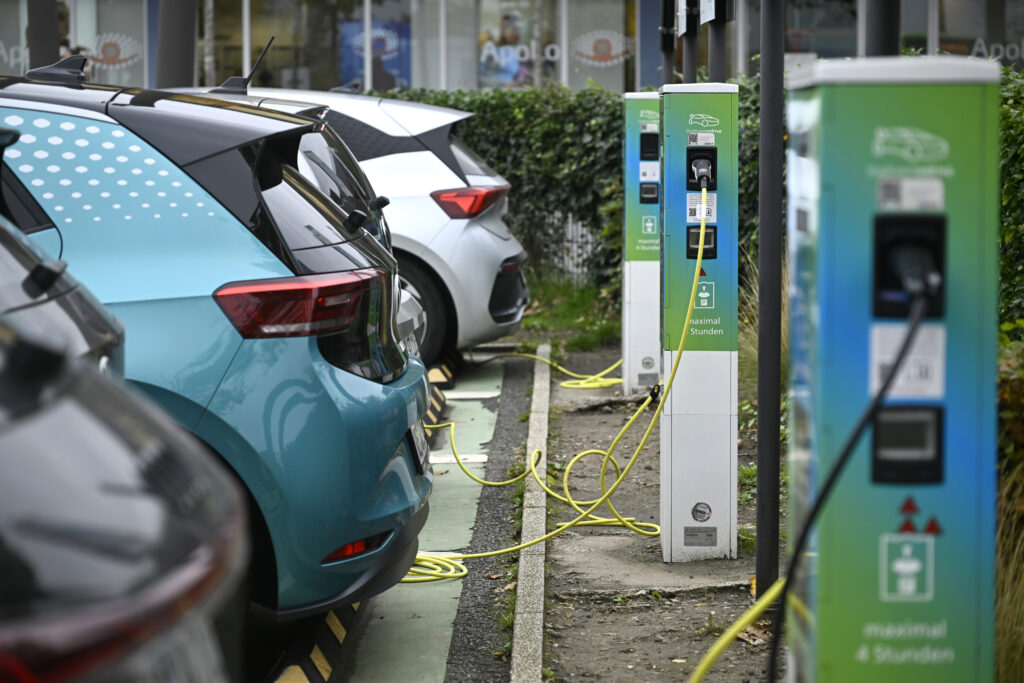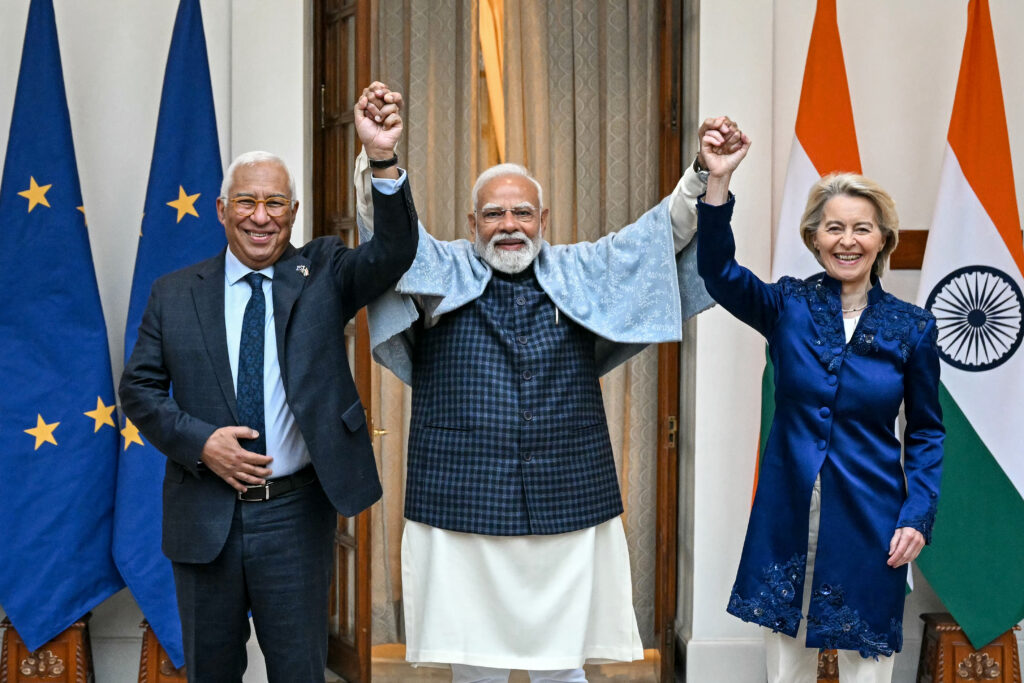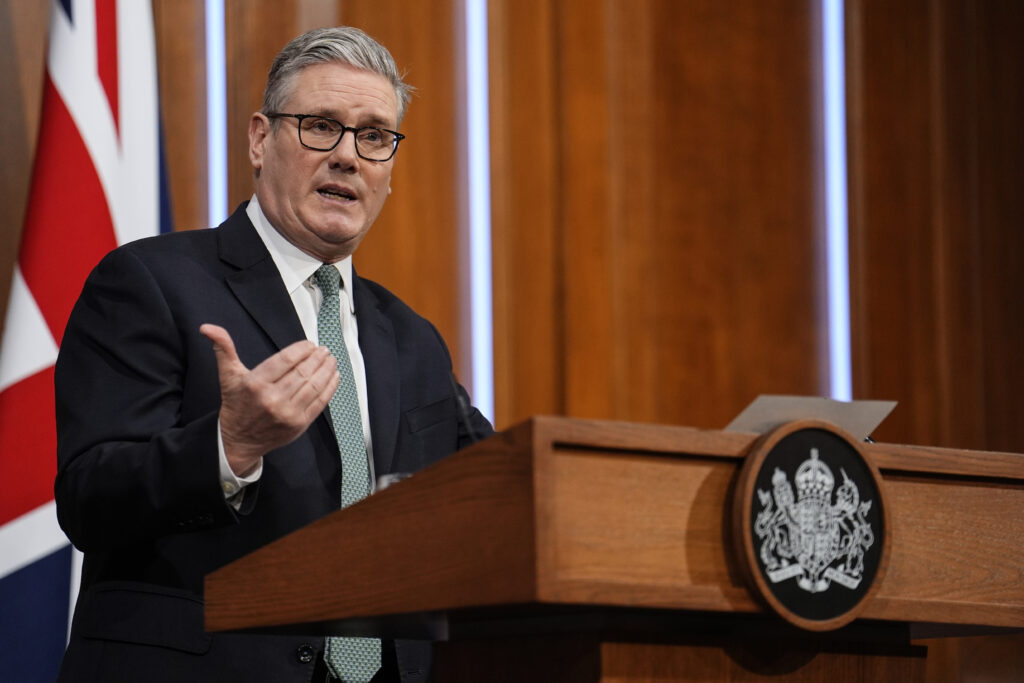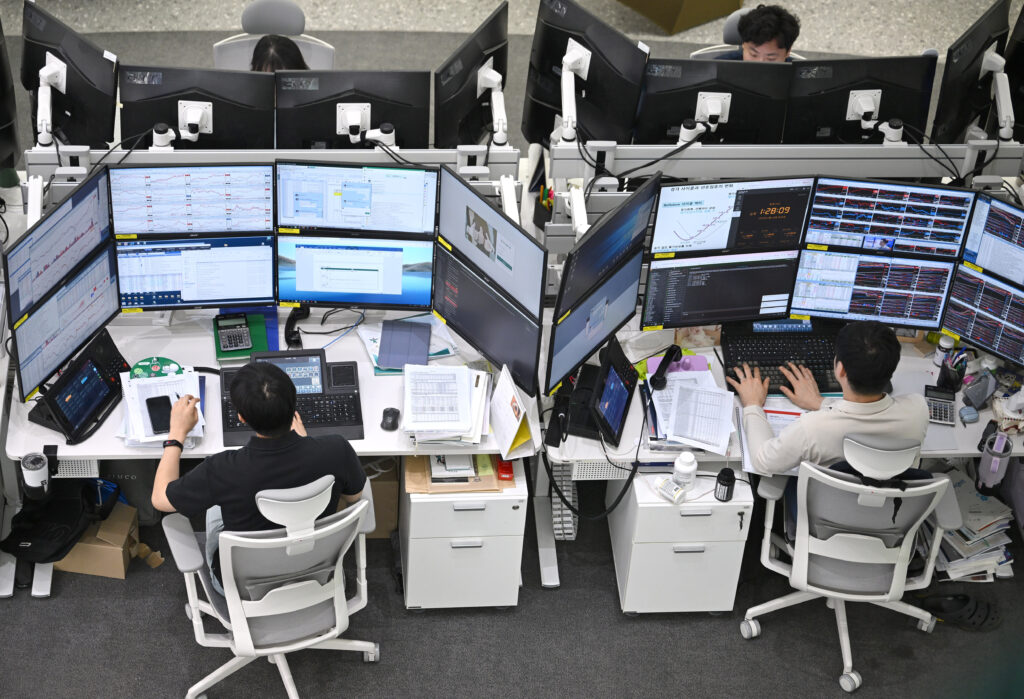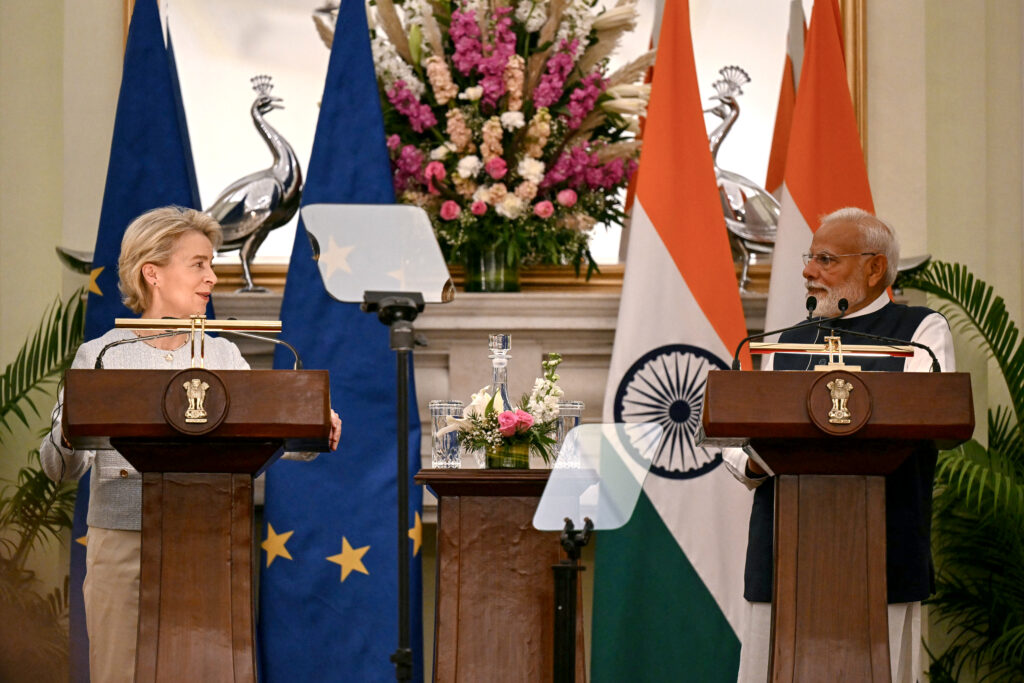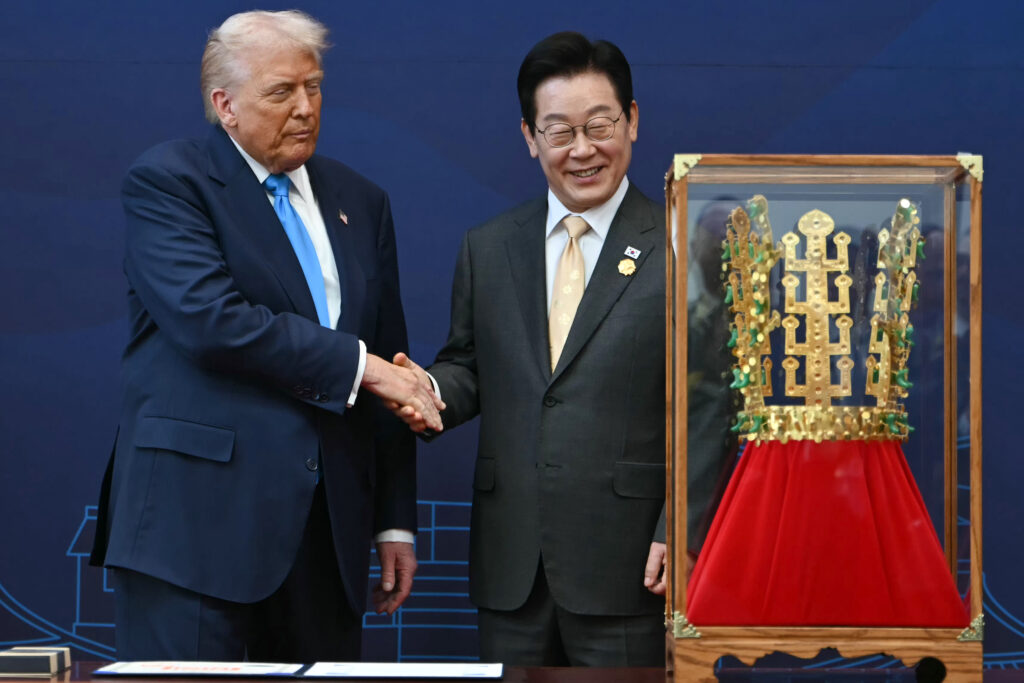China’s Anta Sports to become top Puma shareholder
Chinese athletic goods giant Anta Sports will buy a controlling stake in historic German sportswear brand Puma for $1.79 billion, a stock exchange filing showed Tuesday.As it expands its international presence, Anta will buy 43 million shares for 35 euros apiece from the French billionaire Pinault family’s Artemis group, the statement to the Hong Kong exchange said, giving it a 29 percent stake.The price is a more than 60-percent premium to Puma’s last close, according to Bloomberg data, and values the deal at 1.51 billion euros.Anta said in the statement that the stake would “further enhance its presence and brand recognition in the global sporting goods market”, including China.”We believe Puma’s share price over the past few months does not fully reflect the long-term potential of the brand,” Anta chairman Ding Shizhong said.While the statement said Anta had no plans to launch a full takeover of Puma, it will “carefully assess the possibility of further deepening the partnership between the two parties in the future”.Artemis said the sale would allow it to “redeploy its resources to new value-creating sectors”.The deal is expected to close by the end of the year, though it is subject to regulatory approvals, and the company will buy shares with cash.In a statement sent to AFP, Puma CEO Arthur Hoeld welcomed Anta’s move, calling it a “vote of confidence in Puma and its strategic direction”.”Anta aims to empower Puma to fully realise its brand potential and its heritage,” Hoeld said.Anta declined to comment on the deal when contacted by AFP.The firm, based in China’s southeastern Fujian province, is one of the world’s largest sportswear companies.Founded in 1991, it is the parent company of many global brands through its subsidiary Amer Sports, including Wilson, Arc’teryx and Salomon.Anta closed its acquisition of Finland-based Amer in 2019, leading a consortium in a deal worth about $5.2 billion.It also controls rights in the vast Chinese market for foreign sportswear firms including Fila and Descente.Anta has become the world’s third-largest sportswear brand following Nike and Adidas, according to data analytics firm Euromonitor International.The purchase shows Anta “narrowing the gap” to those two giants, according to Marguerite Le Rolland, senior global insight manager for fashion at Euromonitor International.The Chinese sportswear giant will benefit from Puma’s global reputation, its leading position in India’s expanding sportswear market, and its partnership with Hyrox, the rapidly growing fitness trend, she said.”For Puma, this transaction will provide extra financial resources to turn around the business”.The German brand has been struggling with weak demand in recent months and saw sales decrease more than 15 percent in the third quarter of last year.CEO Hoeld, who was appointed last year, has said the brand had become “too commercial” and was undergoing a “reset” last year to improve on brand heat, distribution quality and product offering.Hoeld told investors in October that the company’s goal was to “become a top three sports brand in the future again”.He deemed 2026 a “year of transition”, vowing a return to growth in 2027.Puma is set to release its 2025 full-year financial results on February 26.pfc-mya-sam-bur/iv

